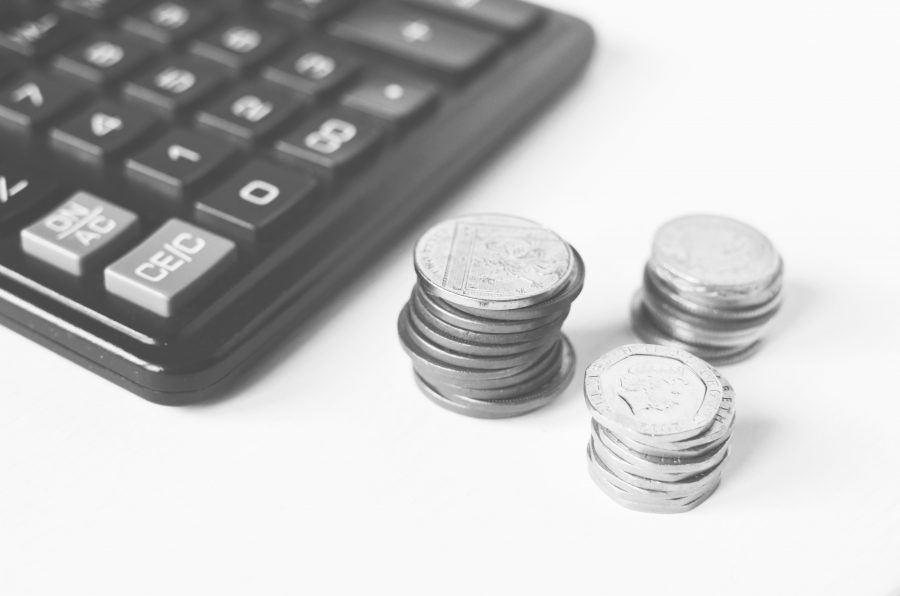As I mentioned in my last missive, markets are reacting to expectations of the future rather than the horrors of the present. At the time of writing, despite its welcome recovery, the FTSE 100 remains 25% below its 2020 high, but in the thick of the uncertainties relating to the timing and severity of the peak of the daily deaths from the pandemic, it seems perverse to see such a strong bounce before any sign that the economically catastrophic lockdowns are to end. Even more so now that we know that the huge financial sectors (banks and insurances) will neither pay dividends nor continue their share buyback programmes for the foreseeable future.
I believe there are five reasons for the recovery.
i) Many initial price falls overshot. In the initial stages of any sharp selloff, the baby goes out with the bathwater. Prices fall indiscriminately, whether or not individual companies are exposed to the economic shock. There follows a period when analysts and fund managers apply greater logic to company share prices and the most oversold shares recover.
ii) The oil price has started to recover as the omens improve for the end of the price war between Russia and Saudi Arabia. The oil majors form a very significant part of the FTSE 100 index and its recovery has a proportionate effect on that index.
iii) During the initial phase of a sudden market sell off, share price falls are often exacerbated by shareholders (such as many hedge funds) who have purchased shares with borrowed money being forced to ‘unwind’ their leveraged exposures by selling shares. This contributes to an oversold position from where prices often recover.
iv) Government and central bank responses to economic and market shocks are designed to limit the longer term damage to economic growth. Their tool box can be divided into two sections – monetary and fiscal. The former was all but exhausted by the Financial Crash a decade ago when interest rates fell dramatically and the central banks flooded the banking system with funding through quantative easing. So following a further small cut in Base Rate fiscal policy is all that is left, and money has been thrown at the economy on an epic scale. The government is paying workers’ wages, sending lumps of cash through grants to smaller companies and charities, is subsidising and guaranteeing loans and has slashed taxes. It is only a matter of time before partial nationalisations will be seen in some transport sectors. This is the equivalent of flying helicopters over the nation and shovelling cash out of the windows to the populations below, and these policies are designed to offer hope that the economy will not be irreparably damaged by the total shutdown of businesses and might therefore be in a position to recover thereafter.
v) Following the Financial Crash there was an asset price boom when investors bought property and shares to escape the near zero returns available from cash and high quality bonds. It is likely to be the same this time.
So should we trust this recovery or even commit cash to the markets now? My advice has been to commit funds to those oversold shares that have limited or no exposure to the oncoming recession, but this process has now ended, with many such shares having regained or even surpassed their recent highs. Bear markets are characterised by volatility and markets seldom travel inexorably in either direction. The market will find a trading range – levels within which it travels until either unexpectedly good or bad news pushes valuations outside of this range. There will be good days and bad days and we are likely to see plenty of both. During bear markets the temptation to jump abaord after a series of good ones should usually be resisted – there will be a bear phase around the corner which will afford better opportunities. However there are reems of research that highlight the dangers of trying to time investments into equity markets. Ibbotson showed that over the seventy year period analysed, if an investor had been uninvested for the thirty best months he/she would have missed out on all the return. Even more so today when markets can move a great distance in a single trading day. If we have funds destined for equity investment, we could do worse than research investment trusts that during bear phases trade at unusually wide discounts to their asset values. This enables investors to dodge the worst effects of the unexpected dividend cuts and bearish announcements that can cause individual shares to suffer. This greater spread of investment risk has the added benefit of the possibility that investment trust share discounts could narrow and provide additional price performance when the underlying portfolio value (‘Net Asset Value’) recovers.
What could still go wrong? In 1989 the Nikkei index of Japanese equities fell from its peak of 39,000. This morning, over thirty years later, this index trades at 19,345, approximately 50% of its1989 value. Japan and its economy confronted issues very different from those thrown up today by the Coronavirus, but this experience shows what can happen when an economy suffers from a deflationary spiral. In summary, if prices of goods and assets fall, consumers and investors put off their purchases in the belief that this will continue. The spiral therefore becomes self-fulfilling and self-perpetuating. This is a particular fear for the Eurozone and could become the reality if each member continues to fend for themselves rather than come together under one central bank that raises funds backed by the implied guarantee of Germany. Watch this space.







